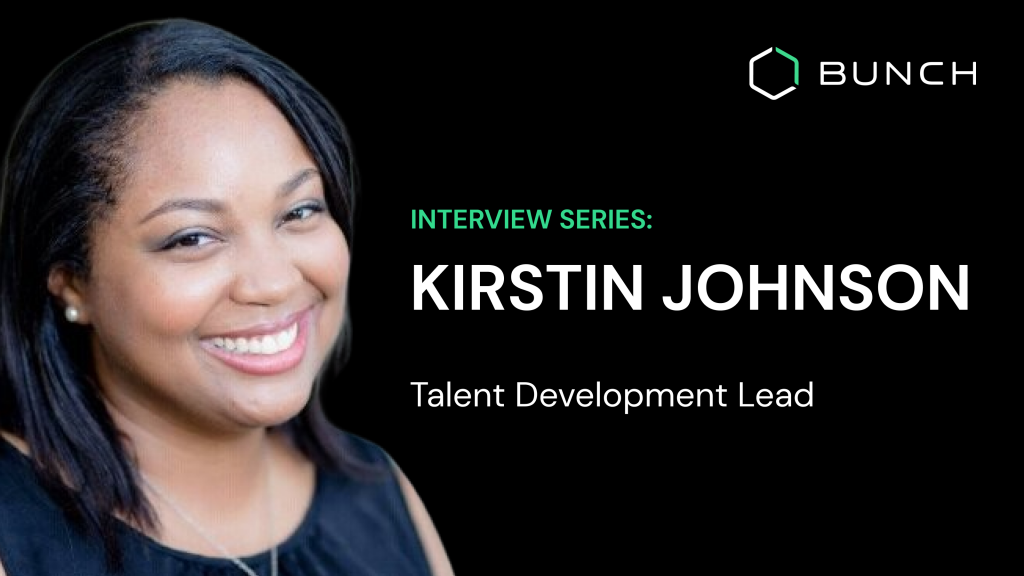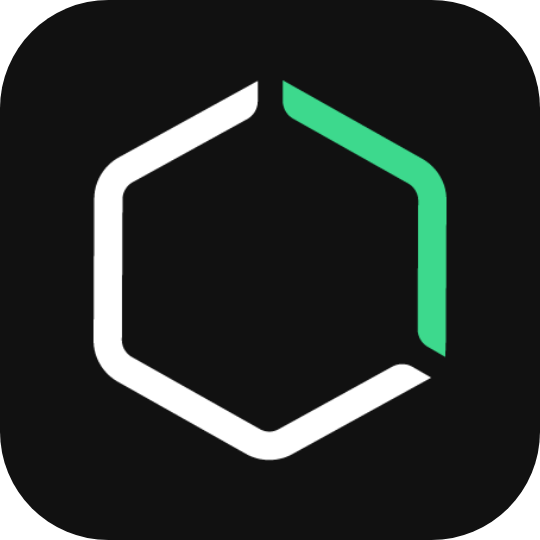
Kirstin Johnson
Leadership, to me, goes beyond titles and involves influencing people toward a common goal.
In this edition of our new Leadership Development Interview Series, we sat down with Kirstin Johnson to learn from her expertise in L&D, and specifically her experience in supporting high potential employees and future leaders.
Kirstin, can you tell us a bit about your role?
I am a talent development lead at my company, supporting high potential learning programs to develop the next generation of leaders identified by senior leadership. Additionally, I oversee functional training such as sales training and other developmental needs within the team.
What does leadership mean to you, and which skills do people need to succeed as a leader?
Leadership, to me, goes beyond titles and involves influencing people toward a common goal. Emotional intelligence is crucial for effective leadership as it allows understanding and appropriate response to individuals’ needs, gaining trust, and achieving buy-in.
What does leadership development look like at your company? Which tools and programs do you have in place, and how do you currently select new leadership talent to develop?
We’ve introduced a program aiming to equip emerging and frontline leaders with essential skills, both in-person and virtually, considering our global presence. Coaching with individual teams and providing tools for effective team leadership are part of this initiative. Our in-house team handles coaching and development, ensuring a personalized approach.
What was your biggest success story with implementing or improving a leadership development initiative? We’re also interested in hearing stories about what didn’t work!
Our success story lies in our high potential program. Bringing together individuals from diverse locations, exposing them to different aspects of the organization, fostering networking with leaders, and building business acumen has been incredibly successful.
On the other hand, an initial mistake was attempting to cover too much content at once. We’ve learned to create a more dynamic learning environment, including interactions with leaders and practical projects.
What are some current challenges with leadership development overall in your company? What are hard parts about developing leaders?
A significant challenge is providing consistent quality training, especially virtually, to ensure a meaningful connection. Maintaining a personalized approach while using technology poses a challenge too. Tailoring content to different levels and ensuring it’s not too basic for some participants while being beneficial for others is also a hurdle.
Have you considered using AI tools in developing the future generation of leaders? Why/why not?
AI’s potential in learning and development is intriguing. Personally, I’m interested in AI after studying its implementation in learning programs. While our company hasn’t extensively discussed it yet, I see the value in using AI for personalized learning experiences that meet individuals’ needs.
What applications of AI seem most promising to you from a leadership development standpoint? Where does AI fall flat?
AI can excel in providing personalized feedback post-training, aiding in self-assessment, and suggesting growth areas. However, it can’t replace human interaction and the nuanced guidance provided by human coaches, especially when it comes to understanding deeper individual needs and taking leadership coaching to the next level.
To learn from more experts on how to grow leaders at your company, check out our full list of interviews here.
If you’re looking to grow future leaders at your own company, get in touch to see how Bunch can enable you to give every person in your company a personalized, continuous development program in just 2 minutes a day.





